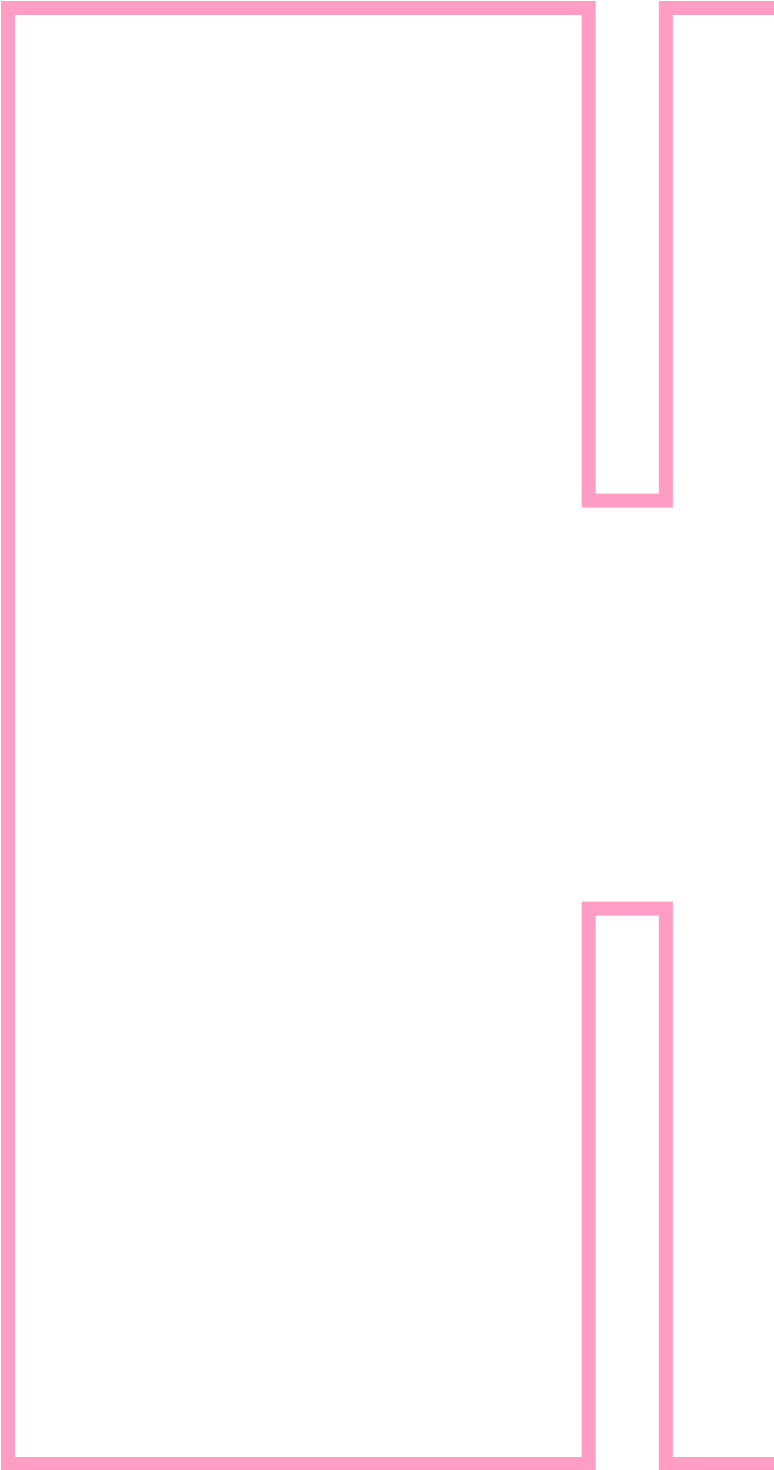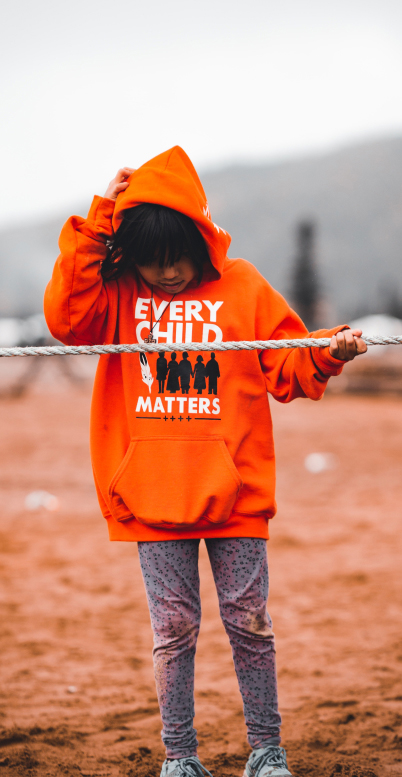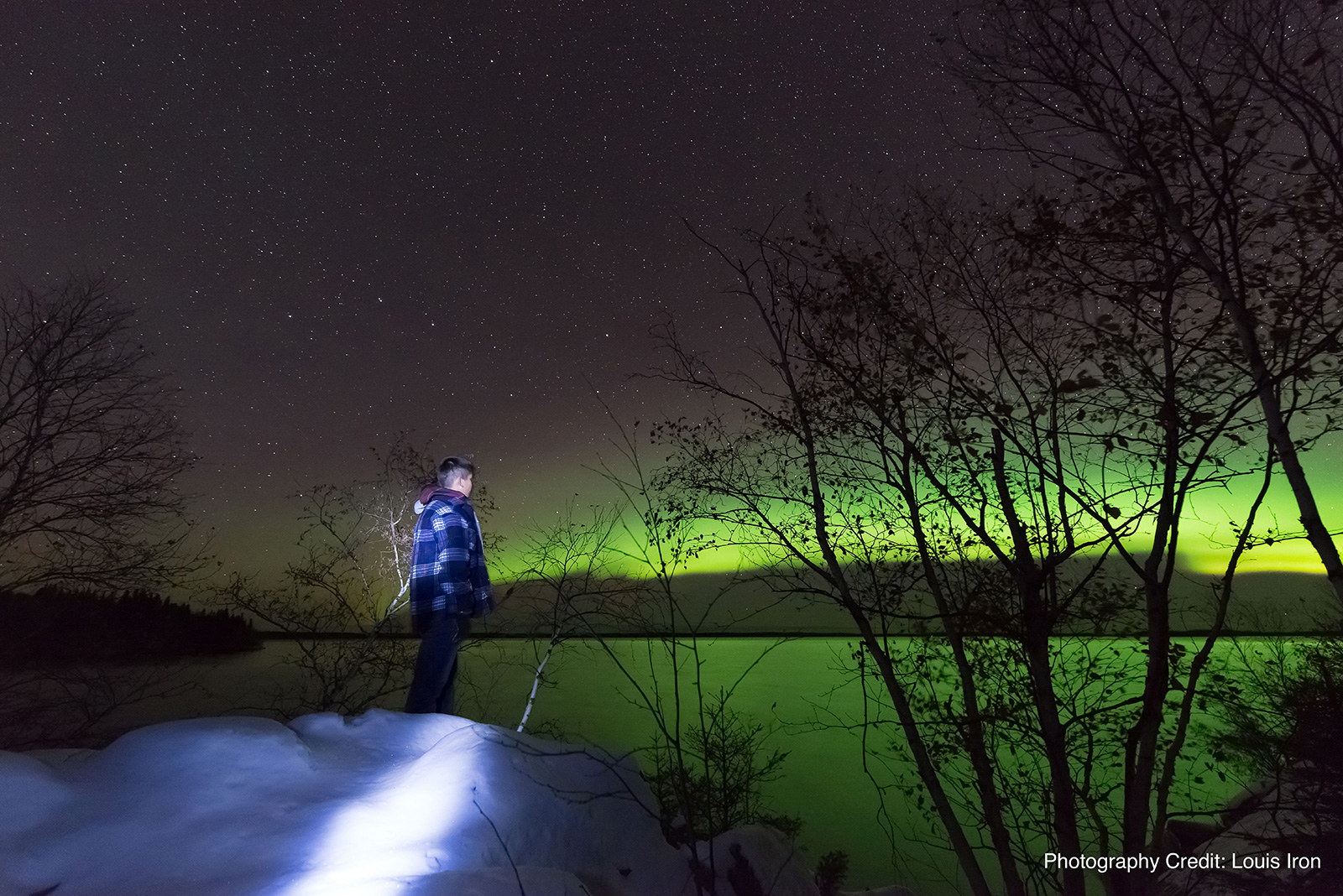We have already made significant progress: building sustainable partnerships with community organizations and vendors that reflect the diversity of the young people we serve; engaging our staff and volunteers in ongoing training and education opportunities; hiring diverse leaders; ensuring the language we use is accessible and free from discrimination and so much more. Every step of the way, we are informed and guided by the voices of the young people we serve.
On our path to advancing mental health justice and equity for every young person, we will not waver – and we will never back down.






















